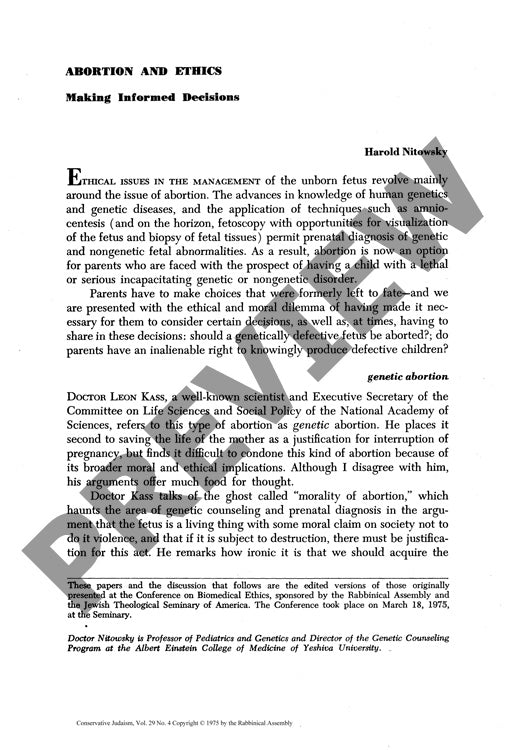Abortion and Ethics Making Informed Deci
Couldn't load pickup availability
Advancing prenatal diagnostic technologies have created unprecedented ethical challenges in abortion decision-making, particularly as genetic screening capabilities expand. Two distinct categories of abortion - genetic termination following detection of fetal abnormalities and nongenetic elective procedures protected under Roe v. Wade - demand careful ethical examination in modern healthcare. Through critical analysis of ethical frameworks, legal precedents, and medical practices, this investigation reveals that enhanced prenatal testing, while introducing new moral complexities, has not led to diminished societal compassion for disabled individuals nor increased discriminatory attitudes. Rather, the evidence supports prioritizing parental autonomy in reproductive decisions, provided robust systems of informed consent and comprehensive counseling are maintained. Healthcare providers bear both moral and legal responsibilities to ensure parents receive complete information for autonomous decision-making. Legislative restrictions that could impede medical practice and research should be approached with caution, while maintaining appropriate ethical constraints on fetal research to protect human dignity. These findings emerge from extensive examination of contemporary debates within bioethics and genetic counseling, suggesting a path forward that preserves diverse ethical perspectives while protecting essential reproductive healthcare rights.

More Information
-
Physical Description
-
Publication Information
Published 1975
ISBN
-
Publication Credits
Harold Nitowsky

